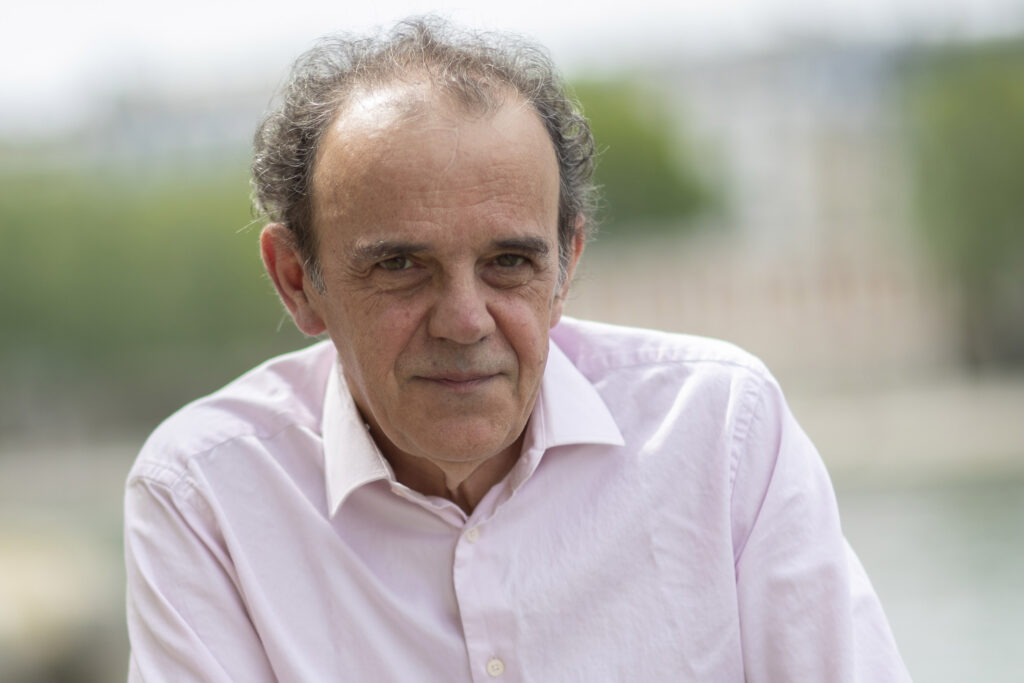The brainers

Francis Rocard – Astrophysicist
Francis Rocard is an astrophysicist specializing in planetology. He began his career as a planetary scientist at the CNRS, and took part in the VEGA mission to fly over Halley’s comet in 1986 and the PHOBOS-88 mission to study the mineralogy of the surface of Mars. In 1989, he joined the Centre national d’études spatiales (CNES), where he was in charge of the Solar System Exploration Programs. In this capacity, he oversaw all the planetary exploration missions in which France was involved: Mars-96, Mars Express, Curiosity, InSight, ExoMars to explore Mars, Cassini-Huygens to study the Saturn system and its satellite Titan in cooperation with the European Space Agency and NASA, Rosetta and Philae, a comet study mission with ESA, BepiColombo, a European mission to study Mercury with Japan, JUICE to study the icy moons of Jupiter and the 1st European mission to the outer Solar System, as well as JUNO, New Horizons, Hayabusa-2, Osiris-Rex, Dawn, etc.
This brainer takes part in round-table discussions, offers improvisation sessions and the following solo talks:
Exploring Mars
For decades, the Red Planet has been explored by ground and orbiting spacecraft. At the heart of this exploration is the search for evidence of life on Mars. Currently, Curiosity, a one-ton rover, is exploring a crater in search of organic traces that could reveal ancient biological activity.
Rosetta-Philae, the quest for our origins
After the bouncy landing of little Philae, exploration of comet Chury continued. Astonishing images of a comet's activity, sometimes revealing a surface that changes over time, and spectacular and mysterious eruptions. Rosetta & Philae is also an adventure of engineers and scientists who have been coordinating their efforts for 20 years.
Is space the future of mankind?
Man dreams of space. He orbits the Earth aboard the ISS and set foot on the moon almost half a century ago. But what of the future? Will man finally go to Mars? And beyond that, can we imagine interstellar travel? What is the realm of possibility, given the laws of physics and the sheer size of the space that surrounds us? A long-term projection will be considered.